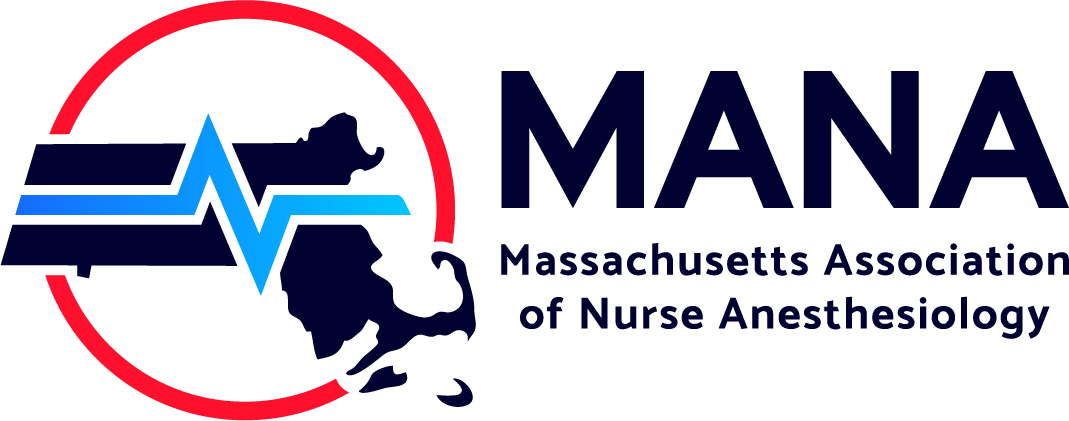Peer AssistanceDrug or Alcohol Concerns?Call the AANA Helpline at 800-654-516724/7, for live, confidential, and individualized help and support for yourself, a CRNA colleague, or a student. Learn more about Peer Assistance. Get Help for Substance Use DisorderThe prevalence of chemical dependency among health care professionals has been estimated to be between 10% to 15%, which is similar to rates in the general population. Given the increasingly stressful environment due to manpower shortages in the healthcare system in general, substance induced impairment among some healthcare professions is anticipated to grow. Given the responsibility to the public, any impairment could place the public at increased risk for errors. The AANA offers an extensive guide for addressing substance use disorder for anesthesia professionals. Signs and Behaviors of Impaired ColleaguesEarly identification of the signs and behaviors associated with substance use disorder and drug diversion reduces the risk of harm to patients and providers. Co-workers play an important role by recognizing and reporting suspicion to supervisors/appropriate chain of command. MA Board of Registration in Nursing (BORN)The Board of Registration in Nursing SARP is a confidential, voluntary, abstinence-based, alternative to discipline program for nurses. It is designed to protect public health, safety, and welfare by establishing safeguards to maintain professional standards of nursing by monitoring participants' ongoing recovery and their return to safe nursing practice. We recognize the decision to enroll in SARP is challenging due to the disruptions and uncertainty it may impose, ambivalence about participating, the novelty of participating in mental health and addictions treatment, and the worry of being stigmatized or feeling isolated. The structure of SARP manages these challenges with the aim of facilitating recovery while prospectively returning the participant to nursing practice. Massachusetts General Law, Chapter 112, section 80F is the law that establishes SARP as a voluntary alternative to disciplinary program for nurses with a substance use disorder. Contact: Mr. Mark Waksmonski, MPA, MSN, RN, PMHNP-BC. SARP Confidential phone line (617) 973-0904 ResourcesPeer Assistance Program The Massachusetts Nurses Association Peer Assistance Program, Massachusetts Nurses Association Peer Assistance FAQsFitness for Duty Workplace Resources
|
